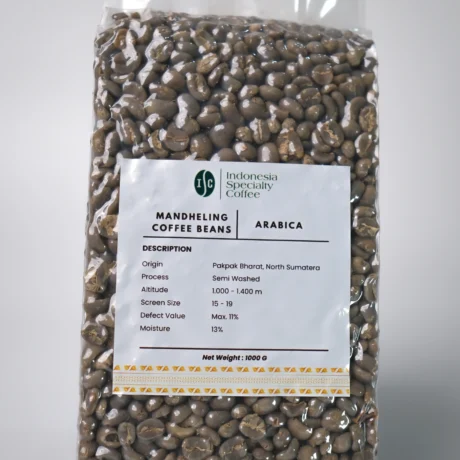Every morning, millions of us reach for our first cup of coffee like it’s a lifeline. The smell? Comforting. The warmth? Inviting. The boost? Instant. But as you sip and savor that rich, aromatic brew, the question might quietly arise: Is caffeine good for humans? We crave its energy, but we also worry about its downsides. Let’s dive into the buzz—what’s fact, what’s hype, and how to find the right balance.
So let’s find out once and for all: is caffeine good for humans, or are we just hooked on the habit?
Caffeine Health Benefits: Why It Feels Like a Superpower
Caffeine doesn’t just wake us up—it flips a switch in the brain. It blocks adenosine, a chemical that tells us to feel tired, and sparks dopamine, our feel-good messenger. That’s why we suddenly feel more alert, focused, and even happier after a sip.
Here’s what caffeine can actually do for you:
- Boost your focus and mental sharpness. Need to meet a deadline or power through a sleepy morning? Caffeine can help you process information faster and stay on task.
- Enhance physical performance. Athletes often turn to caffeine for endurance. It helps delay fatigue so you can go that extra mile—literally.
- Elevate your mood. Regular coffee drinkers often report feeling less stressed and more upbeat. One study showed that people who drink more coffee are less likely to suffer from depression.
- Support long-term health. Moderate caffeine intake has been linked to lower risks of Type 2 diabetes, heart disease, Parkinson’s, Alzheimer’s, and even some types of cancer.
- Extend lifespan. Sounds wild, right? But large-scale studies have found that regular coffee drinkers tend to live longer than those who avoid it.
Curious about what kind of coffee suits your lifestyle? Explore 15 Different Kinds of Coffee Drinkers.
Caffeine Side Effects: When Is Caffeine Bad for Humans?
Of course, caffeine isn’t all sunshine and productivity. Overdo it, and your superpower turns into a weakness. The key is knowing your limits.
Common caffeine side effects:
- Anxiety and jitters. Ever felt your hands tremble after a second espresso? That’s your nervous system going into overdrive.
- Insomnia. Caffeine stays in your system for hours. If you drink it too late in the day, expect to toss and turn all night.
- Stomach issues. Coffee can be rough on sensitive stomachs. Think acid reflux or even diarrhea if you go overboard.
- Heart palpitations. High doses can raise your heart rate and blood pressure—especially if you’re sensitive or have underlying issues.
- Mild dependence. Stop suddenly after daily use and you might get a headache, feel irritable, or feel unusually tired.
More scientific context at Mayo Clinic: Caffeine content for coffee and drinks.
How Much Is Too Much for Humans?
Experts generally agree: up to 400 mg of caffeine per day is safe for most healthy adults—that’s about four 8-ounce cups of coffee. But remember, caffeine isn’t just in coffee. You’ll find it in tea, chocolate, soda, and energy drinks too.
When people ask, “Is caffeine good for humans?”—the answer often depends on how much they’re drinking and how their body reacts.
Smart caffeine habits:
- Stick to 3–4 cups max a day.
- Avoid caffeine 6–9 hours before bed.
- Listen to your body. Jitters, headaches, or anxiety? Time to dial it back.
- Pregnant or nursing? Keep it under 200 mg daily.
- Teens and children? Better to skip it entirely.
Want more tips on caffeine content? See How Much Caffeine Is in a Cup of Coffee?
Is Caffeine Good for Humans or Not? Here’s the Verdict

The truth is, caffeine is both good and bad—it all depends on how, when, and how much you consume. Used wisely, caffeine can be a tool for energy, mood, focus, and even longevity. Abused or overused, it can interfere with sleep, stress, and heart health.
The most balanced advice? Enjoy your coffee mindfully. Choose quality over quantity. Brew it right, savor it slowly, and stop before your body says no.
Brewing at home? Check out How to Brew Your Kopi Luwak Right.
Is Caffeine Good for Your Body and Mind?
Caffeine isn’t your enemy. But it isn’t your cure-all either. It’s a powerful ally when used with intention. So tomorrow morning, when you reach for your mug, ask yourself: Am I fueling my day or feeding a habit? Let your answer guide the pour.
Want to explore more about how coffee connects to health, culture, and your lifestyle? Browse our full library at SpecialtyCoffee.id.





